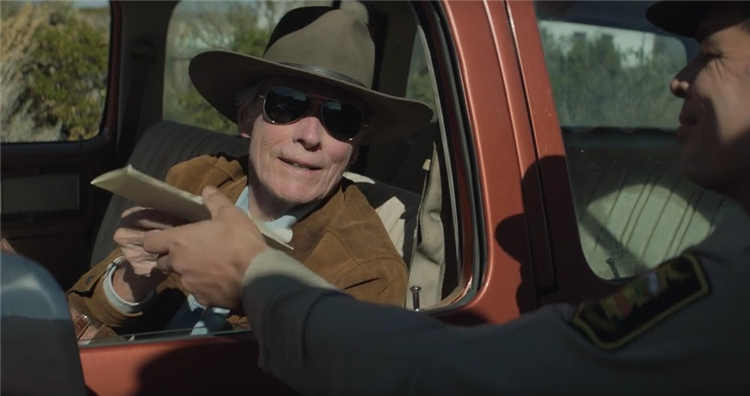Eastwood, 93, directed and stars in the Western, his first since 1992’s Unforgiven. The movie, based on a 1975 novel of the same name by N. Richard Nash, tells the tale of a former rodeo star and his attempts to help a boy in Mexico reunite with his father in the United States.
Despite “a few grace notes,” the Chicago Tribune’s Michael Phillips called Cry Macho “fond and foolish in equal measure,” suggesting it is “far too much to claim that Cry Macho belongs anywhere near work from Eastwood’s greatest streaks.”
“The fact is that, as a movie, Cry Macho is slow and sometimes dull,” wrote Ignatiy Vishnevetsky of The A.V. Club. “But as a statement by Hollywood’s oldest leading man and working director, it offers its share of gleaming low-key insights.”

The New York Times’ A.O. Scott called the film “a deep cut for the die-hards.”
“The twists arrive, but not with the impact you might expect. What started as a thriller takes a long detour into the pastoral,” he wrote.
Bilge Ebiri from Variety said Cry Macho “works when it has to,” adding, “It’s a fragile enterprise — lovely to bask in, but liable to fall apart if you stare too hard. The same could be said for its star. He’s part of the illusion.”
G. Allen Johnson of the San Francisco Chronicle, on the other hand, found it to be “one of the low points of an otherwise illustrious career” for Eastwood, though he doesn’t point the finger solely at the veteran filmmaker.

“But Eastwood is undercut by the unbearably weak screenplay by Nick Schenk, who adapts a 1975 novel by N. Richard Nash,” Johnson wrote, citing Schenk’s work on Gran Torino and The Mule.
“[B]ut here his strategy seems to be having his characters explain everything that they’re doing and feeling, much of which should be delivered visually,” he continued. “Action is character, after all.”
David Rooney of The Hollywood Reporter offered a similar take: “[T]his is a story so crusty and antiquated in its conveniently resolved conflicts, contrivances and drippy sentimentality that it should have been left on the shelf.”
